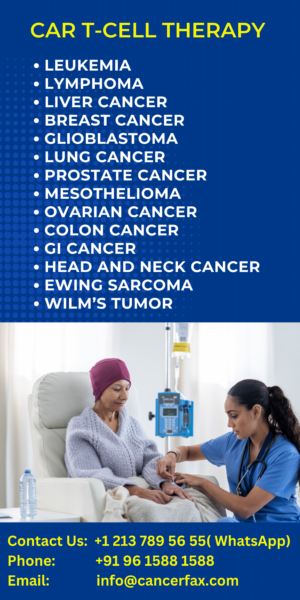Alecensa (Alectinib)
Introduction: Targeted therapy developments have revolutionized the field of oncology by providing patients with a fresh lease of life and better outcomes. One of these discoveries is Alecensa, or Alectinib, a drug made especially to target malignancies that have mutations in the gene that codes for anaplastic lymphoma kinase (ALK). This article talks about how Alecensa works, how well it works, how safe it is, and how important it is in the treatment of ALK-positive lung cancer.
People who have ALK-positive lung cancer have the ALK gene fusion gone wrong, which is what makes this type of non-small cell lung cancer (NSCLC) unique. A fusion protein with carcinogenic qualities is produced as a result of this genomic rearrangement, which promotes the development and metastasis of cancer cells. ALK-positive NSCLC has historically been linked to a dismal prognosis and few available therapeutic choices, especially when the illness is further advanced.
Mechanism of Action: Alecensa, a drug produced by Roche, is a member of the ALK inhibitor drug class. By specifically targeting and suppressing the ALK fusion protein, it interferes with the signaling pathways that support the growth and survival of cancer cells. When it comes to treating ALK-positive lung cancer, Alecensa provides a more focused and efficient method than traditional chemotherapy because it targets the underlying genetic abnormality.
Efficacy: Patients with ALK-positive NSCLC have shown remarkable efficacy in clinical trials assessing Alecensa. Alecensa outperformed standard-of-care chemotherapy in the crucial ALEX trial in terms of both progression-free survival (PFS) and overall response rate (ORR). Because Alecensa has such a large clinical advantage, the trial was stopped early so that patients undergoing chemotherapy may switch to it. The results were so convincing. Long-term follow-up studies and real-world data have further supported these findings, confirming Alecensa’s position as the first-line treatment for NSCLC that is ALK positive.
Safety Profile: Compared to conventional chemotherapy, targeted therapies such as Alecensa have a good safety profile, which is one of their main advantages. Alecensa frequently causes myalgia, peripheral edema, tiredness, and constipation as adverse effects. These side effects are, nevertheless, usually controllable and less severe than the toxicities associated with chemotherapy. Alecensa is also a well-tolerated alternative for many individuals due to its decreased frequency of significant adverse effects, such as hematologic abnormalities and severe liver toxicity.
Ongoing Research: Alecensa has completely changed the way that ALK-positive NSCLC is treated, but resistance development is still a major obstacle. ALK inhibitors might no longer work if certain things happen, like if the ALK gene changes again or if different signaling pathways are turned on. As a result, current research initiatives are concentrated on clarifying these resistance mechanisms and creating plans to prevent or postpone resistance. Combination therapy, next-generation ALK inhibitors, and new treatment plans are all being studied in clinical trials to help people with ALK-positive lung cancer have better outcomes.
Effect on Patient Care: Alecensa’s launch has significantly improved patient care by giving those with ALK-positive NSCLC greater hope and extending their time to survive. Due to Alecensa’s advantageous safety profile, simple oral administration, and effectiveness, it is a medication that both patients and healthcare providers like. Furthermore, by lessening the burden of side effects associated with treatment and illness symptoms, Alecensa has increased treatment options and enhanced patients’ quality of life.
In conclusion, Alecensa offers targeted therapy that is tailored to the genetic flaws that are fueling cancer growth. This is a big change in how ALK-positive NSCLC is treated. Alecensa is now considered a standard first-line treatment for ALK-positive lung cancer because it works so well, has few side effects, and has an effect on how well patients do. Further breakthroughs in the sector are anticipated as research focuses on identifying novel therapy options and unraveling the complexity of resistance mechanisms. These advancements are expected to improve patient outcomes and quality of life for those battling this difficult disease.
- Comments Closed
- March 22nd, 2024









Privacy Overview